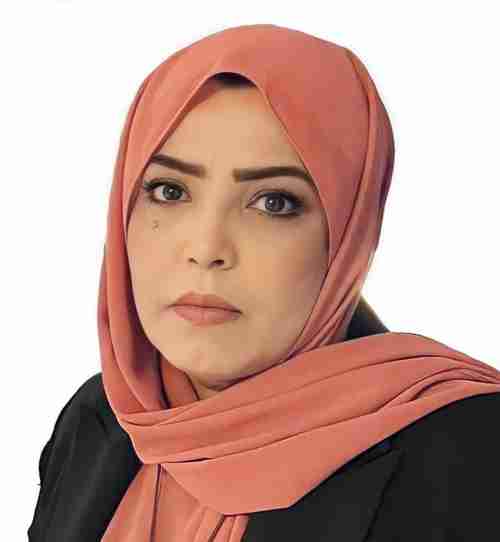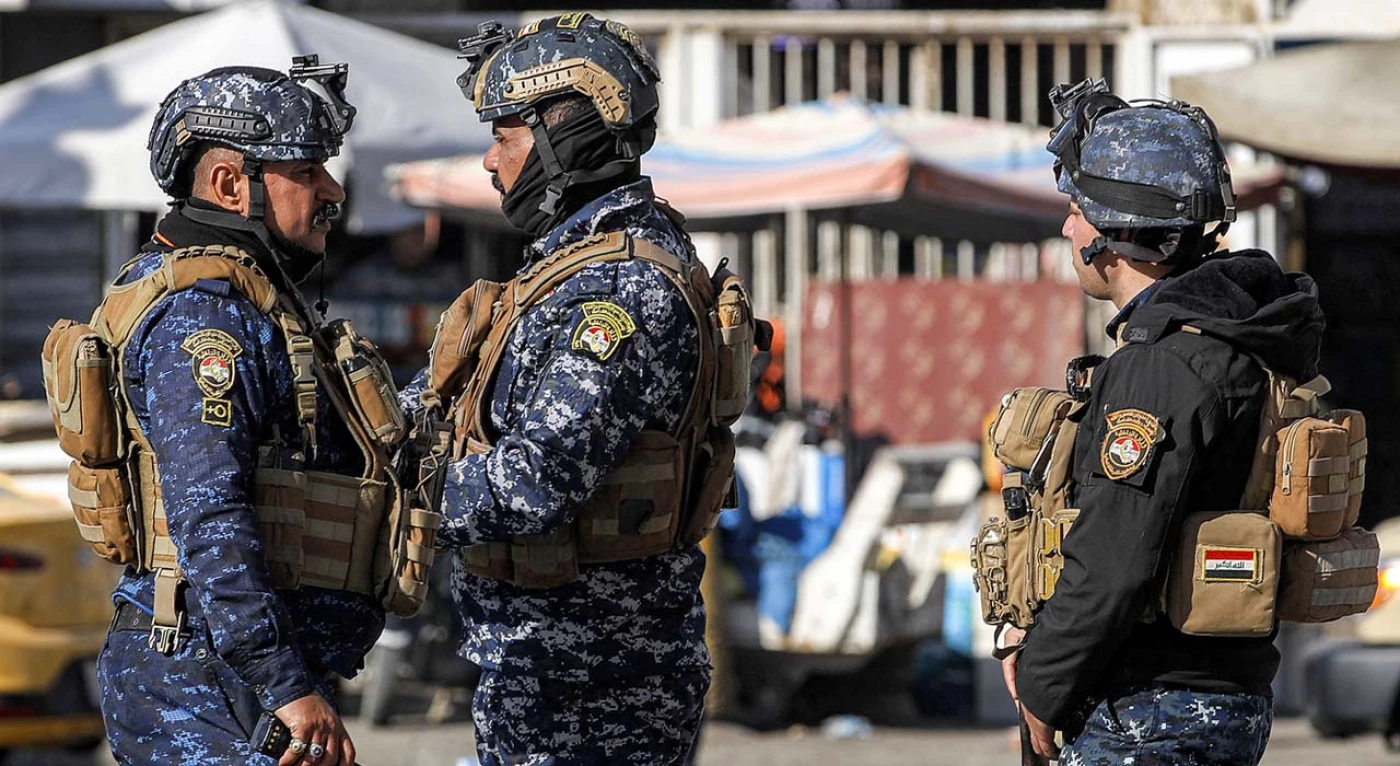The Iraqi government has deployed additional troops in the western and northern parts of the country, raising a state of alert as fear arises following the continuous release of hundreds of prisoners by the Syrian Democratic Forces (SDF), Iraqi military commanders told The New Region.
The SDF has released more than 300 convicts from the central prisons of Hasakah and Qamishli, northeastern Syria, over the past week, to include them in the general amnesty approved by the Autonomous Administration of North and East Syria.
The Syrian Observatory for Human Rights said that the number of detainees expected to be included in the amnesty may reach 1,500 detainees who will be released in batches.
The Iraqi Joint Military Operations Command last week, put the Iraqi forces deployed on the Iraqi-Syrian border on high alert, reinforced the forces-deployed within the operations areas of Nineveh and Anbar “to ensure that none of the released militants infiltrate Iraqi territory,” military commanders told The New Region on Sunday.
“There is great concern about the situation on the Iraqi-Syrian border after the release of hundreds of terrorists by the SDF,” a senior military officer serving in Joint Operations Command told The New Region. "The desert areas in western Iraq are weak in terms of security and difficult to be controlled.”
“The Joint Operations Command, in its last meeting, directed to raise the levels of caution, vigilance, and extreme attention in these areas,” the source added.
Military officers told The New Region that intelligence has detected many signs indicating the return of ISIS activity in a number of areas during the past three weeks.
On Sunday, the Joint Operations Command announced that Iraqi forces had found a number of hideouts and tunnels containing technical equipment, light weapons and ammunition in the Rutba desert, within the Anbar Operations Command’s area of operations.
Two days earlier, a Popular Mobilization Forces (PMF) member was found shot in the head inside a security checkpoint south of Mosul.
Last month, militants attacked a number of Iraqi army checkpoints in Khan Bani Saad, southwest of Diyala, killing two soldiers and then fleeing to nearby farms.
When a local force pursued them, they killed three more of the attacking force.
The operation, which lasted more than two days, ended with the deaths of two militants and the arrest of a third, a military officer serving in Diyala told The New Region.
“There are many signs that reveal the existence of local and international efforts to revive ISIS. Carrying out some attacks here and there inside Iraq and releasing terrorists from SDF prisons does not seem innocent and cannot be overlooked,” another military commander said on the condition of anonymity.
Of the multiple military personnel that The New Region spoke to, many saw Hatra, 80 km southwest of Mosul, al-Waqf and al-Mukhaisa, northeast of Diyala, areas east of Salah al-Din, and areas northwest of Nineveh as areas of most danger.
In response to said danger, the Joint Operations Command has increased the number of patrols and deployed more troops along the Iraq-Syria border, officers said.
The military reinforcements sent to the western and northern regions are mostly from the PMF, which increased the number of troops deployed in the Anbar operations area by 25 percent, several regiments from the Sallahadin and Middle Euphrates Operations Command were sent to be deployed in the Nineveh operations area, in addition to establishing four new PMF regiments from the people of Nineveh “to secure their areas”, a senior PMF commander told The New Region.
"We expect security breaches and attacks to be carried out in these areas. The intelligence we have received confirms this," the commander said. "The regional situation is inflamed, and we believe that the United States and its allies will reactivate the terrorist organizations linked to them to destabilize the security situation in Iraq to distract us."
ISIS took control of swathes of Iraqi territory in 2014, announcing their so-called caliphate with the city of Mosul as its capital, until Iraqi and Kurdish forces, with assistance from the US-led coalition forces regained control of the taken territories in 2017, announcing the group as territorially defeated.
However, the group still conducts occasional hit-and-run attacks and ambushes in several Iraqi territories, specifically areas disputed between Erbil and Baghdad.
The increased risk of ISIS comes as Iraqi government is more insistent than ever on ending the US-led global coalition’s mission in Iraq, claiming that ISIS no longer poses a threat to the country, a claim that has been rejected by Kurdish authorities, who are perceived as strong allies of the US and fought alongside the coalition forces in the fight against ISIS.
Meetings have been held between Iraqi and US officials on ending the coalition’s mission, however the timeline of the coalition’s withdrawal from Iraq is still uncertain.



 Facebook
Facebook
 LinkedIn
LinkedIn
 Telegram
Telegram
 X
X


